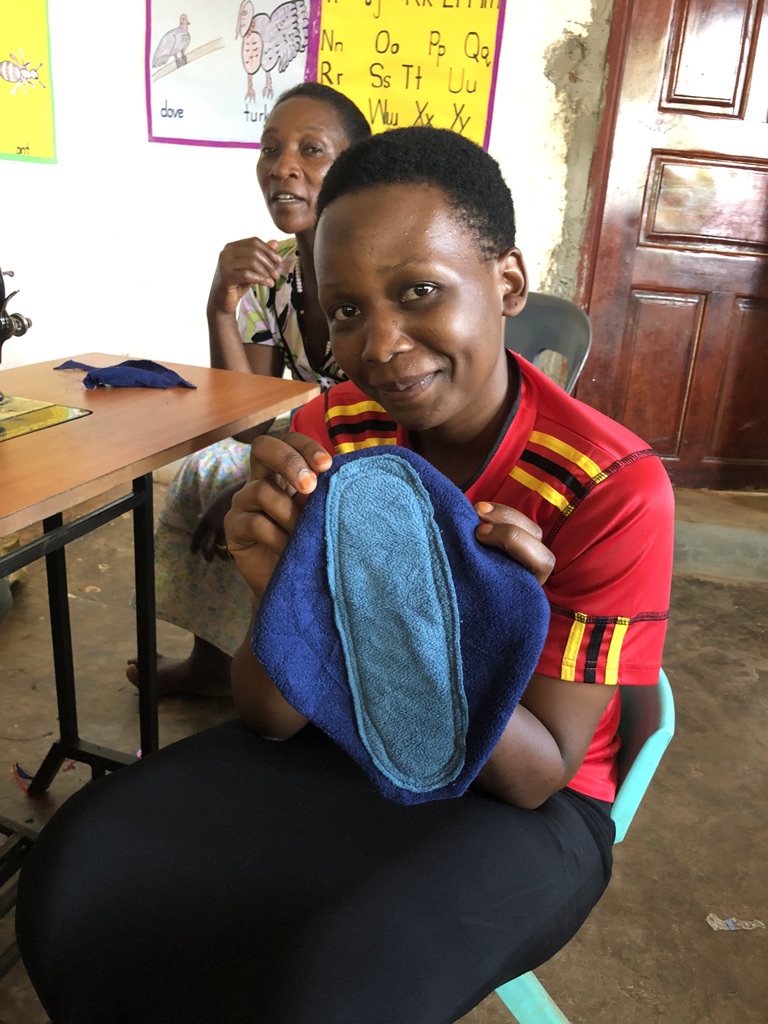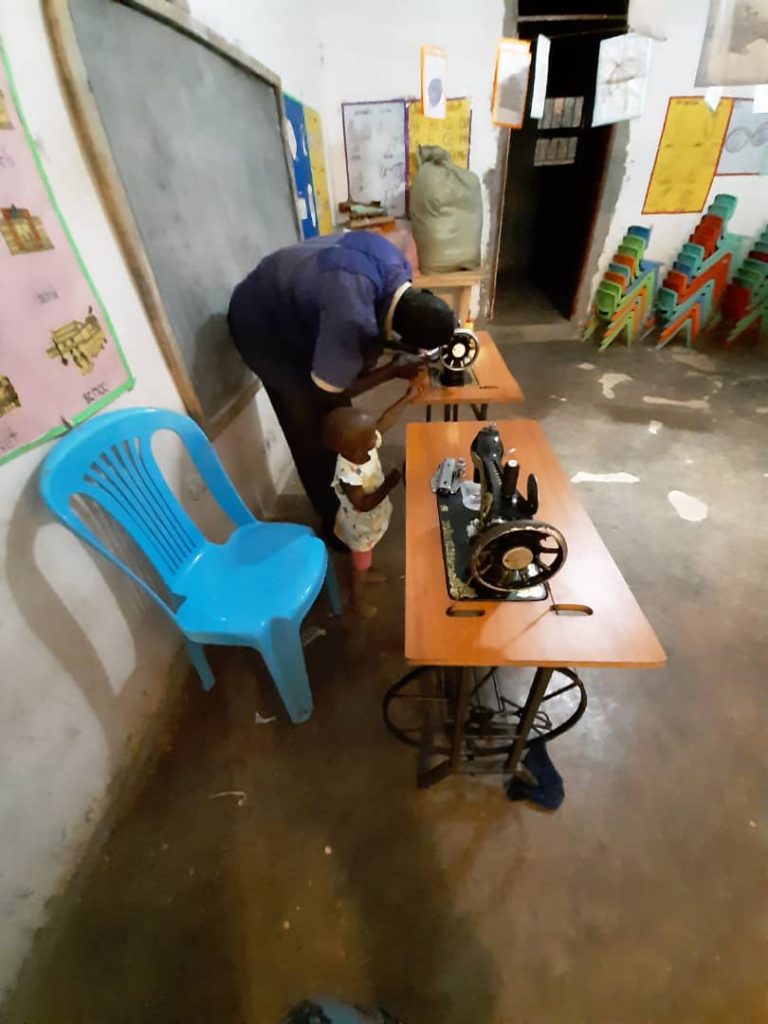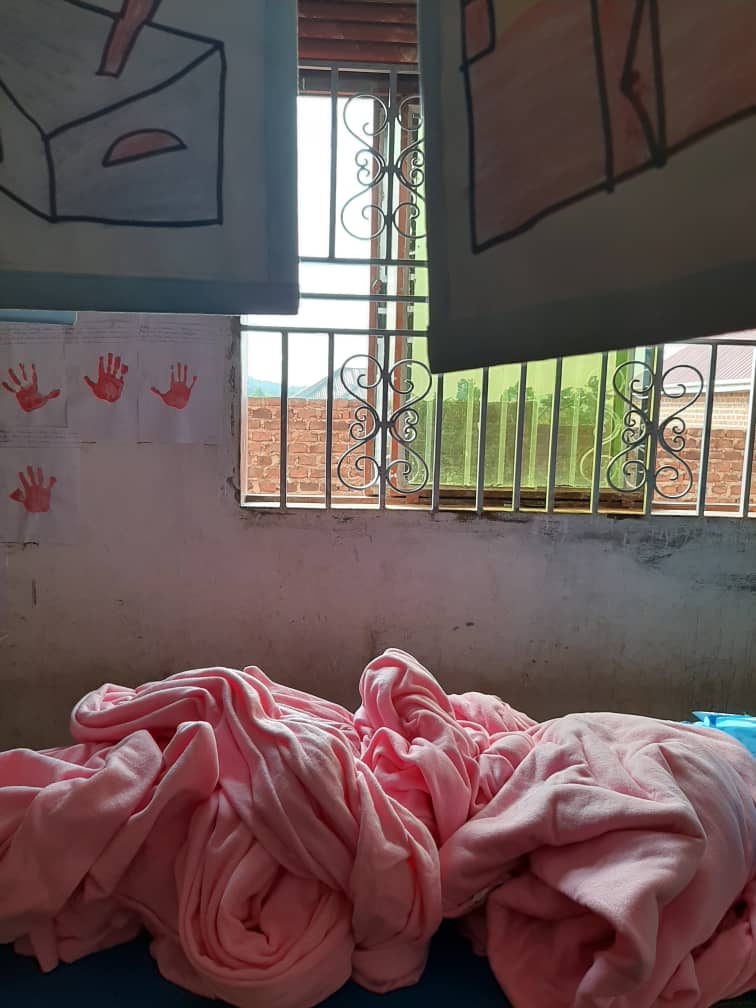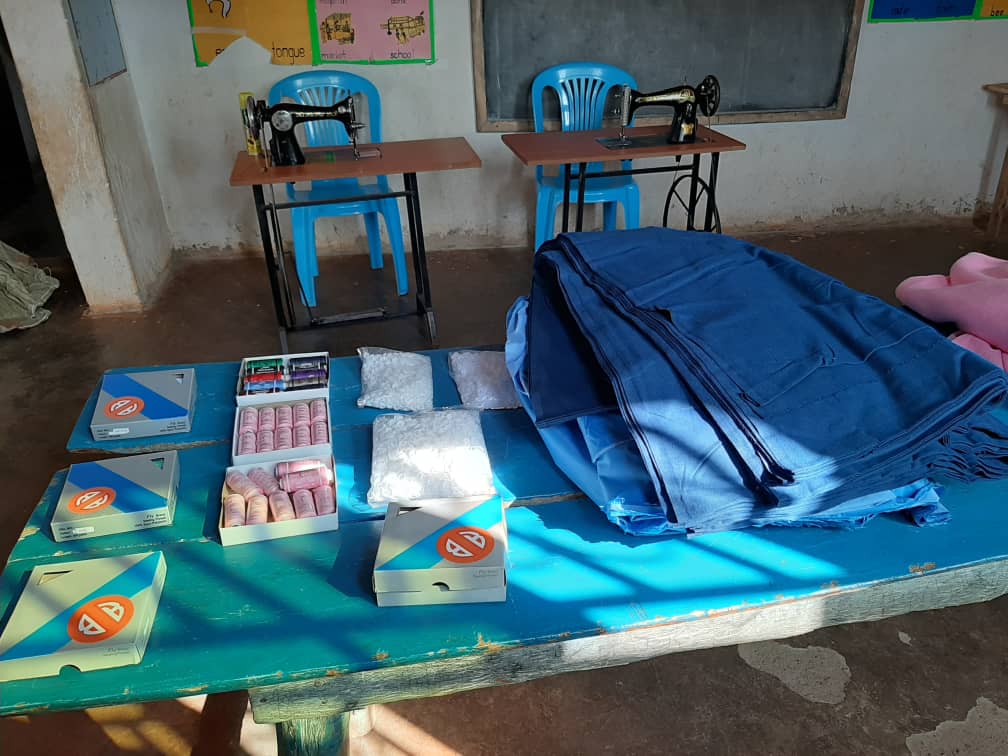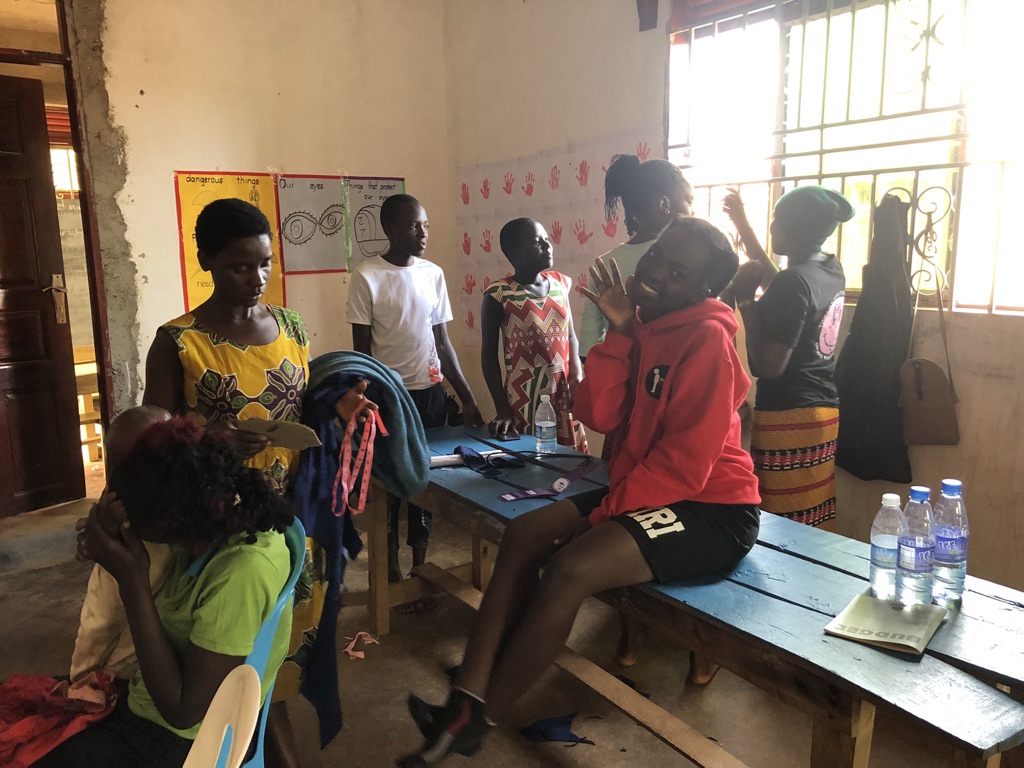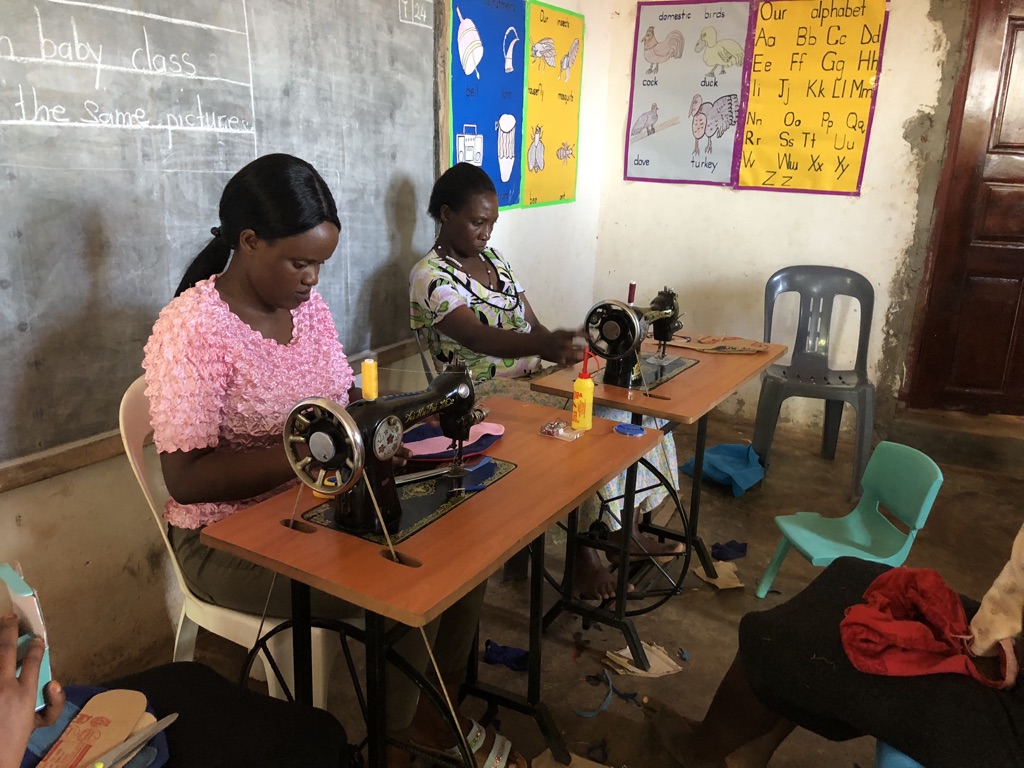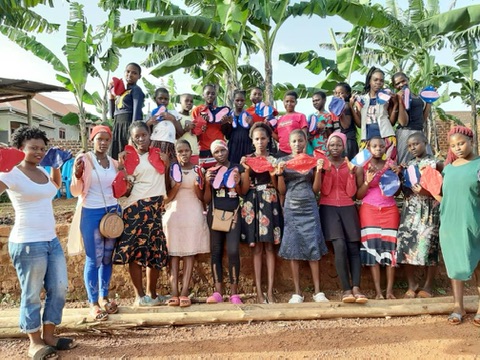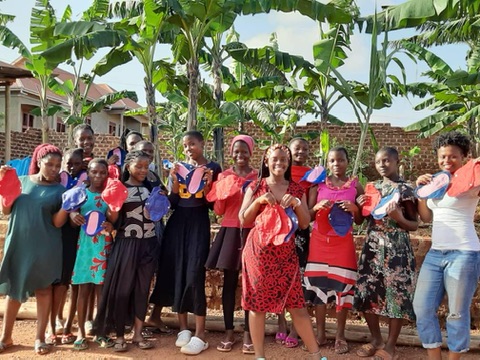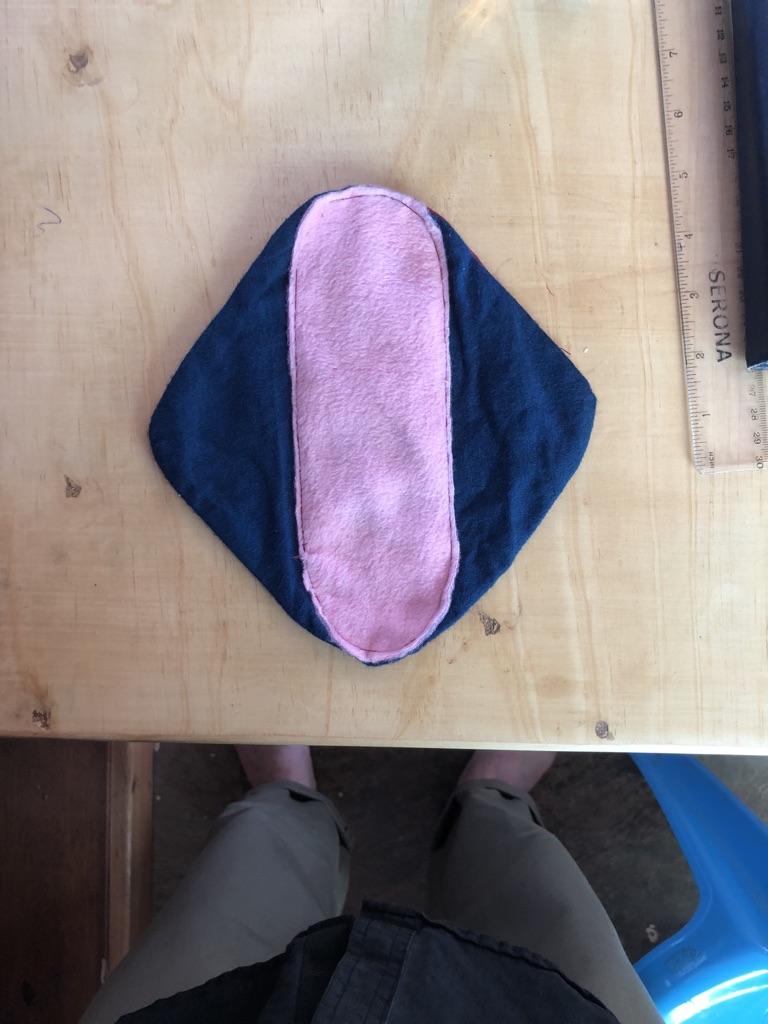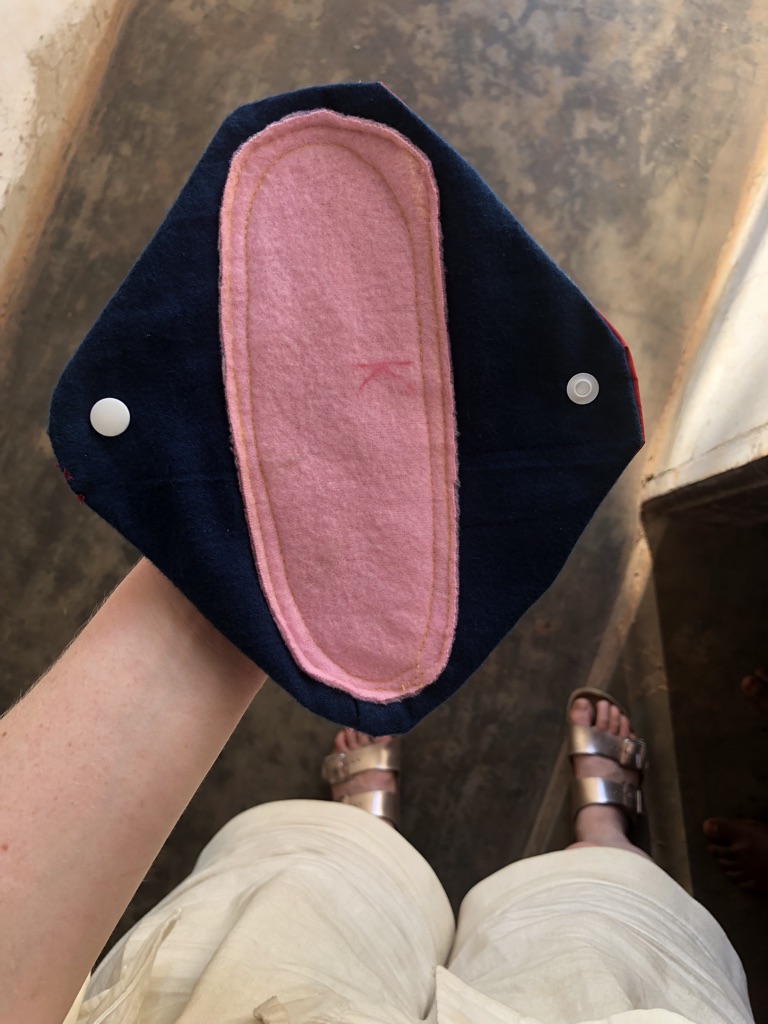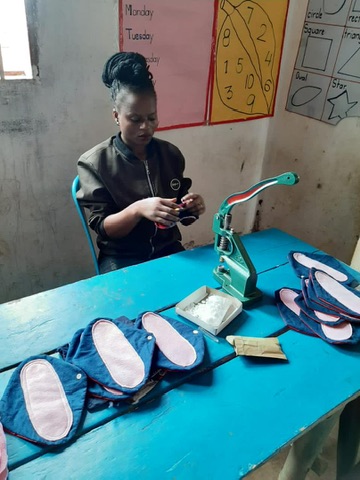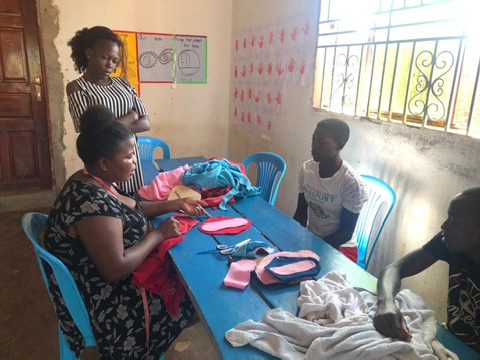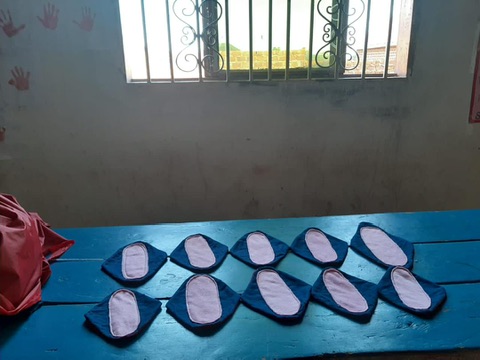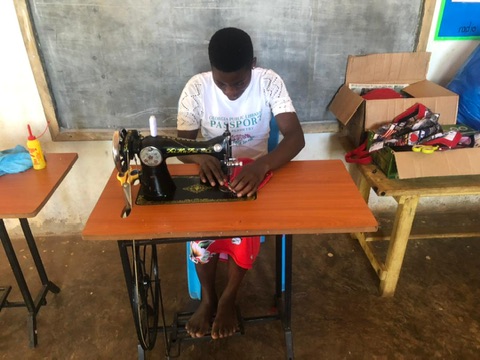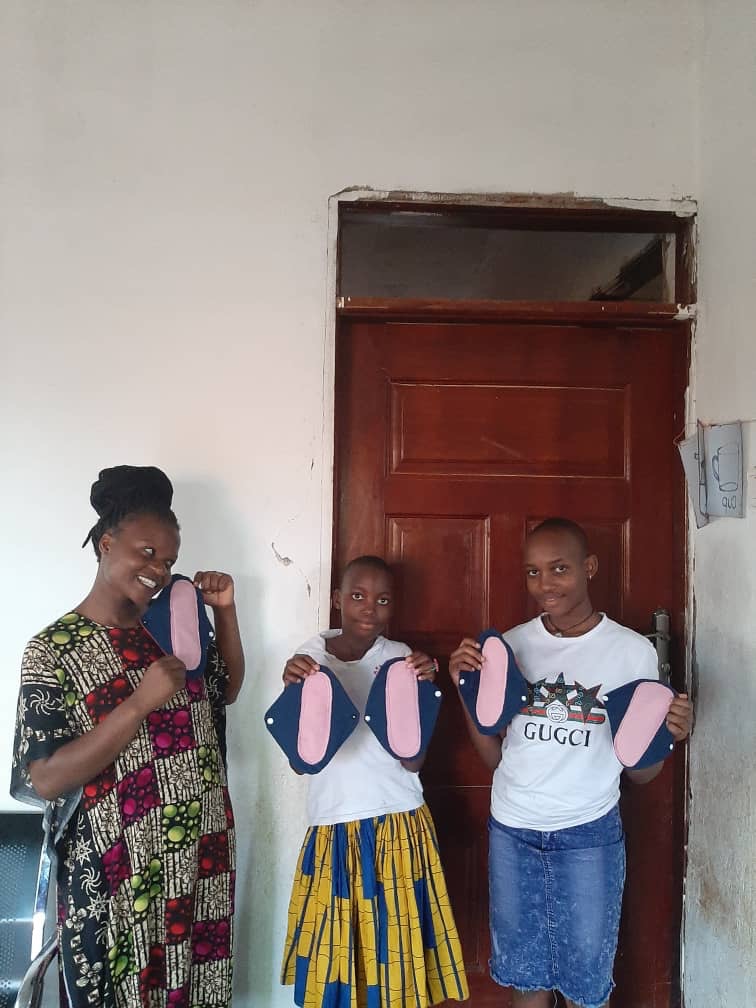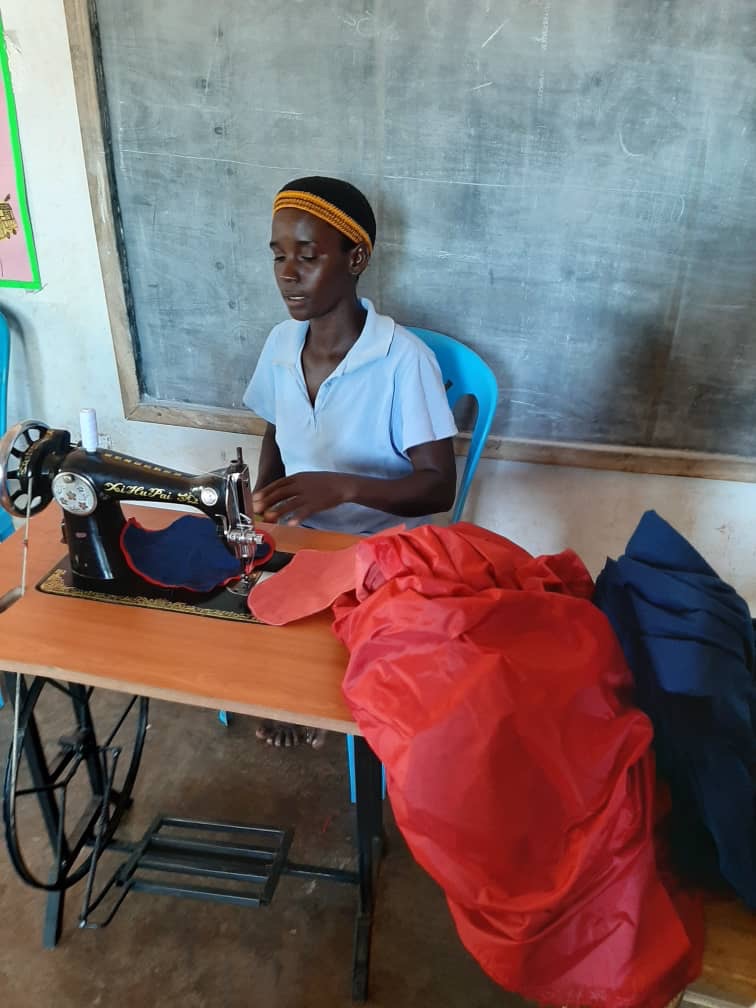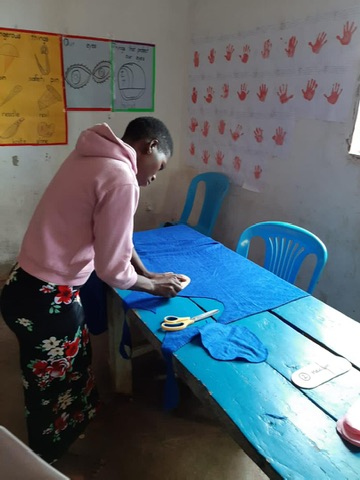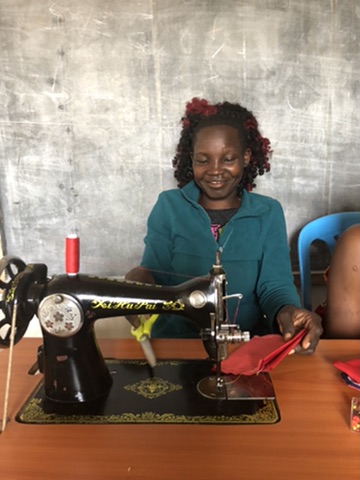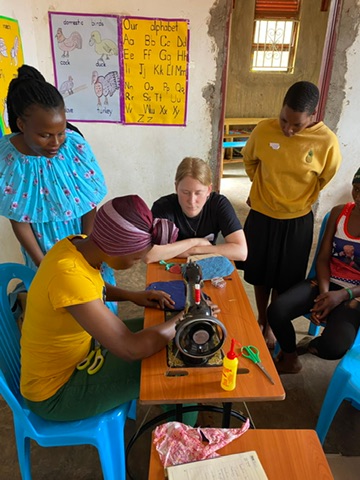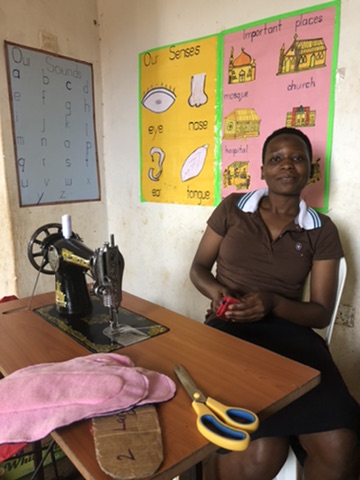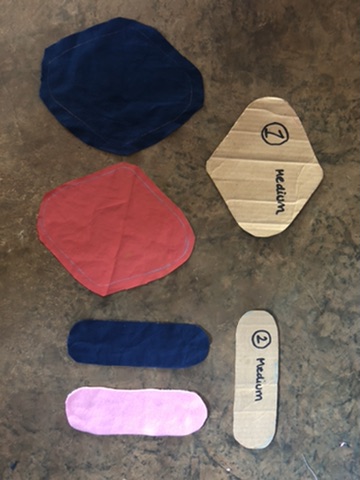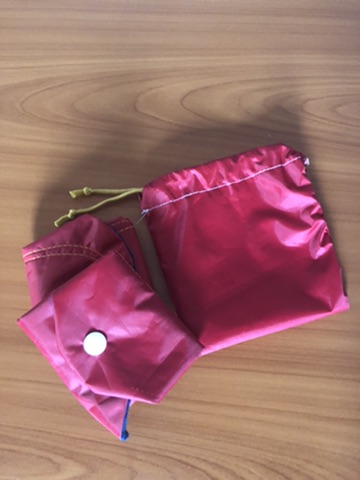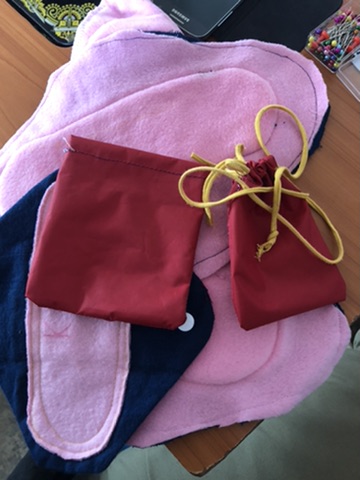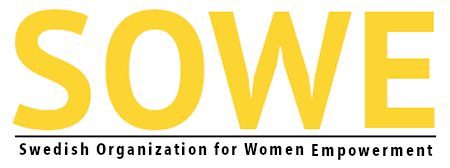SOWE’s Menstrual Health Projects
Menstruation is a normal part of the lives of 50% of the global population. In spite of this, menstruation causes huge problems for a lot of people around the world. Something that should be as normal as eating, breathing and sleeping causes stigma, isolation, school dropouts and more.
Getting your first period can mean the end of school for a young person living in areas with period poverty. The lack of sanitary products, running water and pain medication often makes it very hard for young girls in these regions to attend school during their period. On an individual level your first period results in regular absence from school, difficulties keeping up with peers and a higher risk of dropping out of school completely. Lack of education will in turn close many opportunities in the labor market and make you more dependent on other people, like your parents, siblings or your future husband. This can also lead to prostitution as the only way for the person to receive an income.
“Period poverty is an expression that include the difficulties and economical vulnerabilities many people in low income regions face because of their period and lack of affordable and accessible sanitary products. “
Reusable Pads
Reusable pads are becoming more popular in many developing countries around the world. They are considered to be a safe, economical and environment-friendly alternative. The pads are used in the same way as disposable pads, washed after used, dried and then ready to be used again. They can be used for many months up to years.
Our production of reusable pads started at the Yamba Hearts centre in March of 2022. Our reusable pads are sewn by hand with the help of sewing machines and made out of three different materials to be as safe and comfortable as possible. The production crew is made up of previously unemployed women living nearby Yamba Hearts center. For the first months the Yamba Hearts team have been responsible for distribution and sales, and we have given many away with large discounts. We do this to market ourselves and to connect with our future customer base.
As of now, SOWE is covering the costs of education, training and material. But over the coming year we hope to make this project self sustainable.
The aim with the project is therefore both to produce affordable and accessible sanitary pads and also to create more jobs in the area.
Women Health Workshops
Since 2022, Yamba Hearts has been organizing workshops focused on women’s health, particularly education about menstruation and puberty. One of the tools we use is “Rosie’s World”, a workshop developed by the international organization WASH United.
The workshop covers important topics such as puberty, menstruation, hygiene, pregnancy, and how to navigate bodily changes in a safe and confident way. The materials make it easy for the school’s teachers to lead the workshop themselves, creating a long-term and sustainable solution for educating girls.
By following Rosie and participating in interactive games and exercises, the girls not only learn about their bodies but also about the importance of hygiene and how to manage their periods without it affecting their daily lives. The goal is to strengthen their knowledge and confidence so they can continue attending school and fully participate in society.
Education is a crucial part of our work to support girls and women—both today and in the future.
